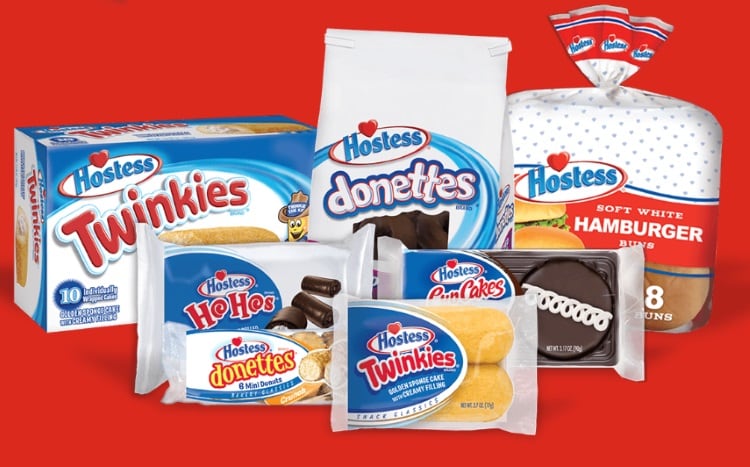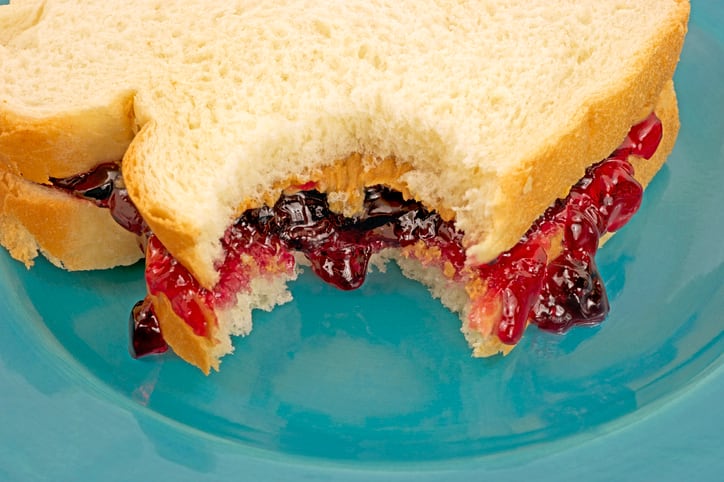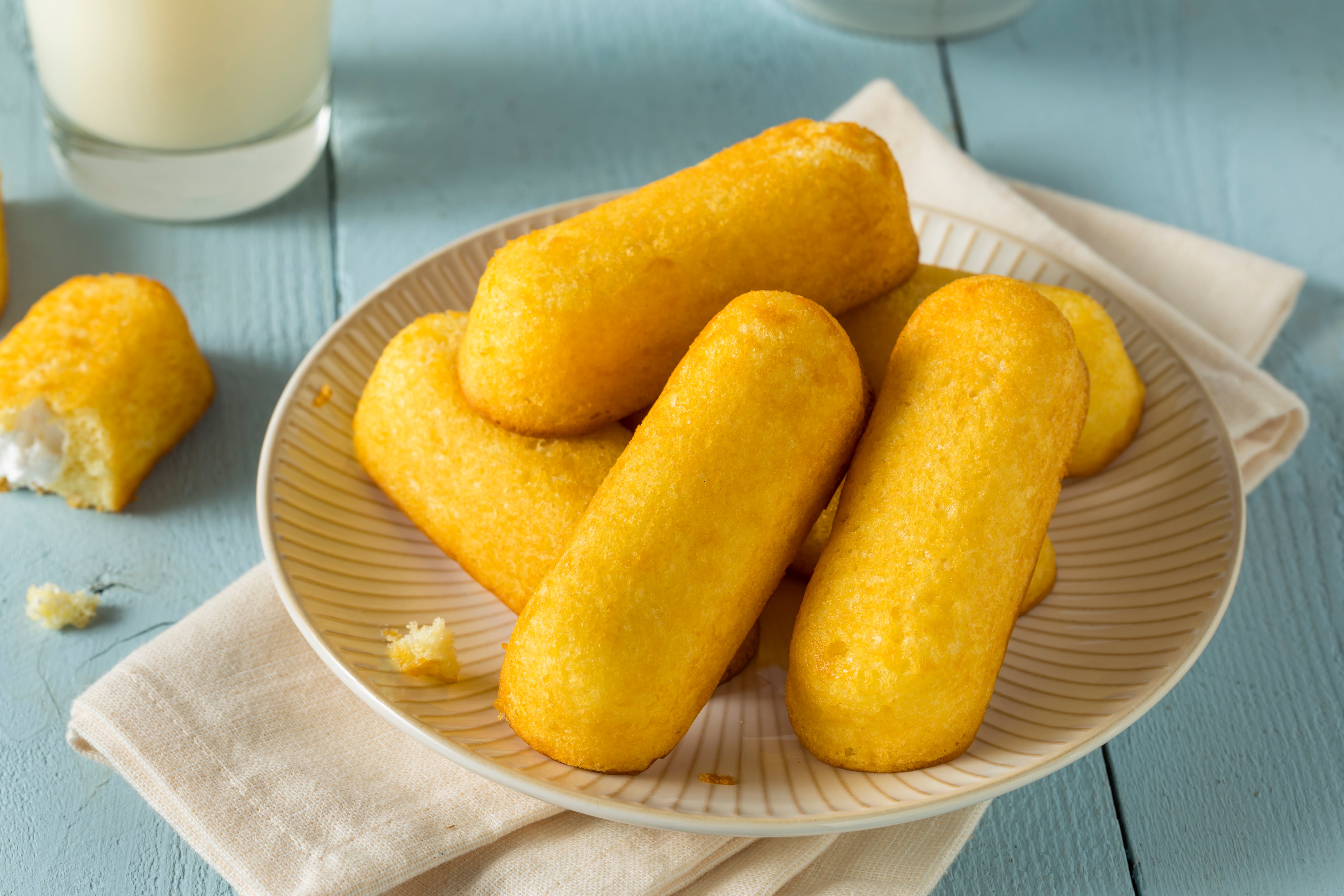JM Smucker took a hit from tariffs in the first quarter of its fiscal year, but price increases in response to “record-high” green coffee bean costs helped the food manufacturer mitigate the impact.
The Orrville, Ohio-based company, which owns popular brands like Hostess, Dunkin’ Coffee and Simply Fruit, saw its stock value drop by 4.44% on Wednesday due to missed earnings expectations disclosed the same day in its first quarter earnings call.
Earnings of $1.90 per share fell short of the consensus estimate of $1.95 per share. Year-over-year revenue was down 1% to $2.1 billion.
How hard will tariffs hit coffee prices?
The food manufacturer plans to raise coffee prices by roughly 25% for the fiscal year, according to JM Smucker CFO Tucker Marshall. That is in addition to price increases over the last 12 months.
Coffee price increases last winter have not negatively impacted the company’s sales, “but that benefit is being offset by increased tariffs,” he said.
Café Bustelo is a key growth platform for the company, up by 36% in net sales, due in part to JM Smucker’s ramped up marketing efforts for the brand in 2025.
“We increased marketing investments for the Café Bustelo brand this year to fuel the brand’s tremendous momentum through a national marketing campaign as we aim to increase brand awareness and household penetration, both of which have significant runway for continued growth,” the company said.
Overall, US coffee retail sales were up 15% to $717.2 million year over year for the quarter.
JM Smucker now anticipates further tariff-driven cost increases on green coffee beans and is working to mitigate them “through a combination of alternative sourcing strategies, supply chain optimization and responsible pricing,” the company said.
“We do view this as a good story and the resilience of the overall coffee category, the strength of our brands in the category, but unfortunately, there’s just factors beyond our control that are not enabling us to take either the profit up in the business unit or taking up our guidance as a result of increased tariffs,” Marshall said.
Despite GLP-1 trend, snacking remains resilient
The rise in popularity of GLP-1 drugs has not impacted the company’s bottom line, despite the food manufacturer’s stake in the snack market, particularly with its purchase of Hostess for $5.6 billion in November 2023, CEO Mark Smucker said in the earnings call.
Smucker said much of their portfolio falls outside the realm of foods typically impacted by the weight-loss drug, giving coffee and pet food as examples.
He noted that its popular Uncrustables frozen sandwiches are largely consumed by families with children, athletes and college students. “From an Uncrustables’ standpoint and a spread standpoint, we really haven’t seen any impact at all from GLP-1,” he said.
Smucker added that snacking trends show that roughly 70% of consumers still are snacking twice a day. “We have not seen a meaningful impact from these drugs on the categories that might be affected,” he said.




